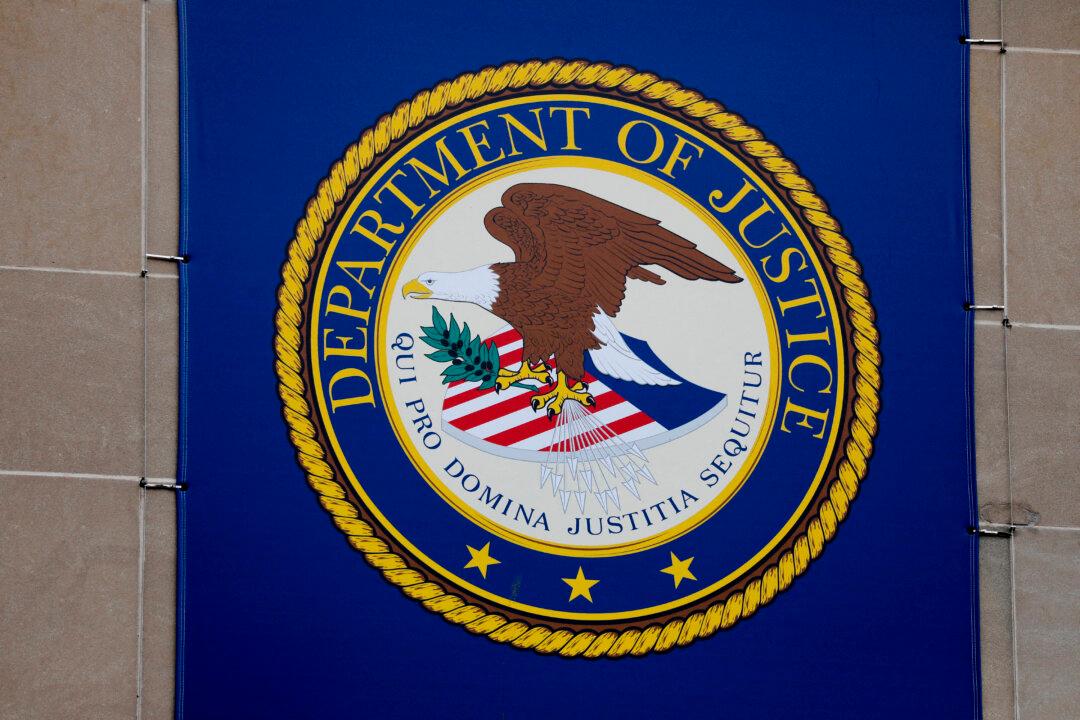Matthew Galeotti, head of the Criminal Division of the Department of Justice (DOJ), announced a new white-collar crimes enforcement plan at a May 12 financial conference, spotlighting the Trump administration’s focus on disrupting transnational networks that evade U.S. sanctions, tariffs, and immigration law.
It also expanded its whistleblower program to cover these priority areas.





